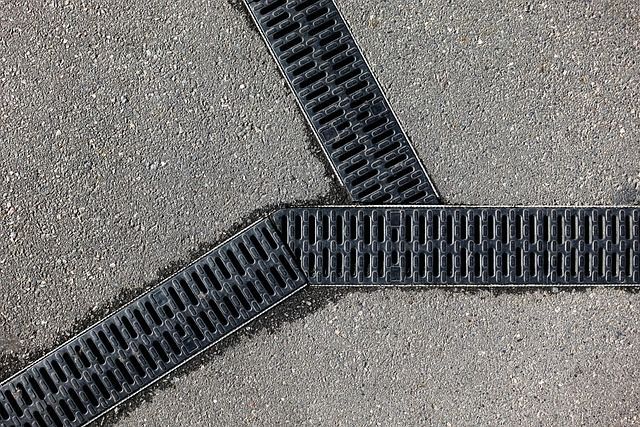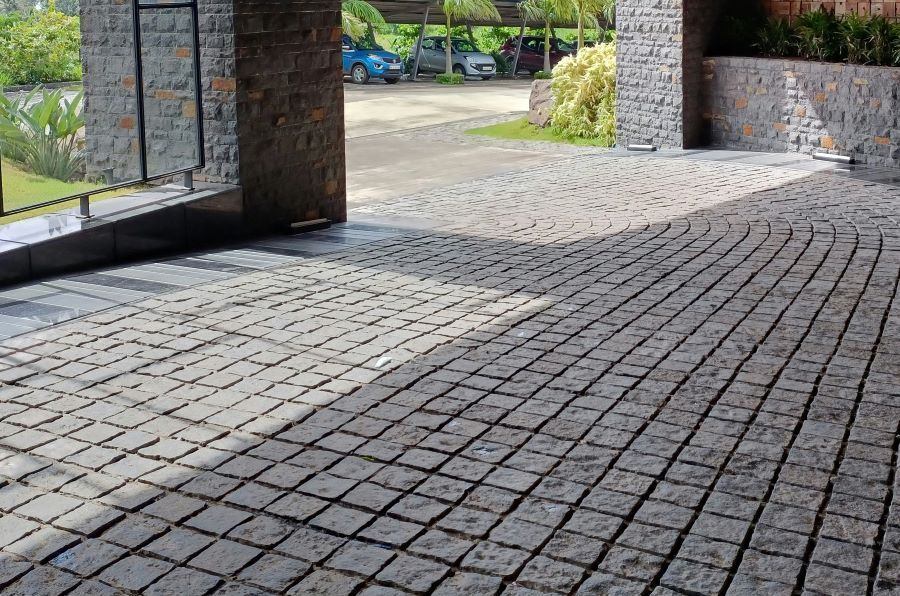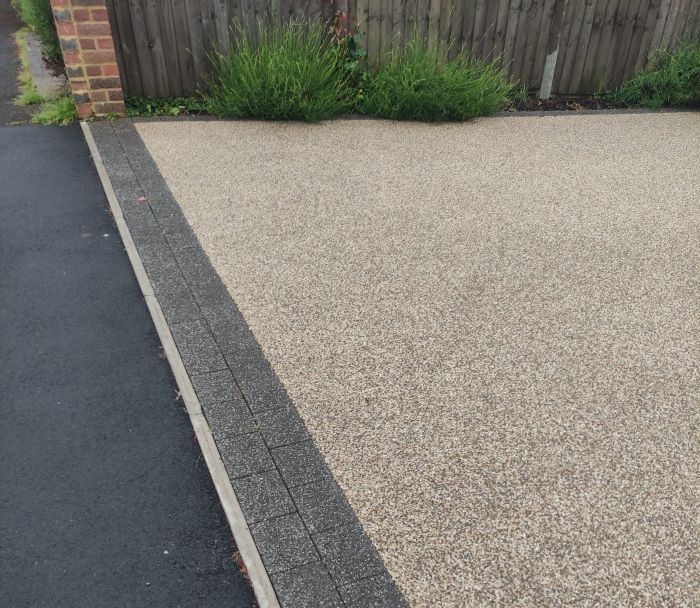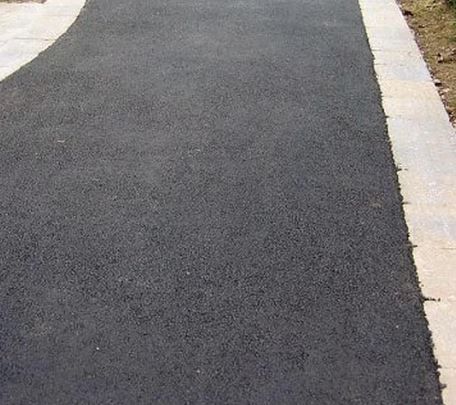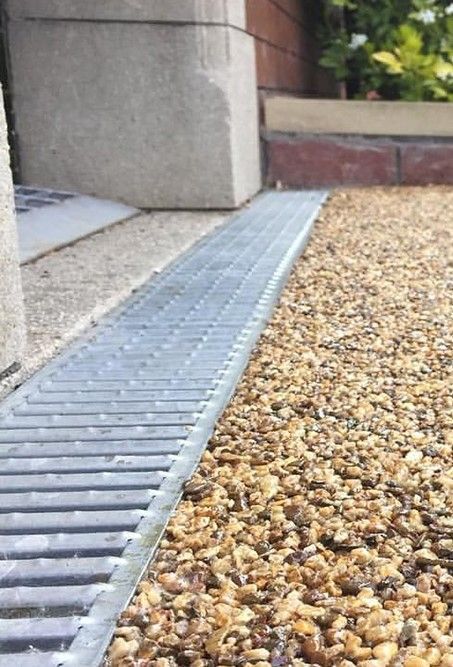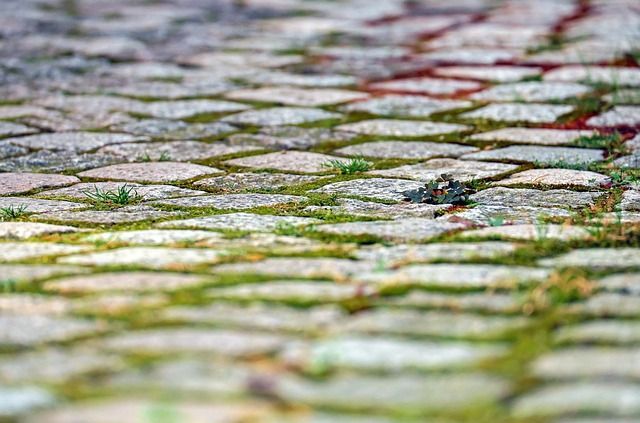Are Concrete Driveways Reinforced?
Concrete driveways are a popular choice for homeowners across Maidenhead, offering a durable and long-lasting surface for vehicles.
But have you ever wondered what makes them so robust, and whether they need an extra layer of strength? Let's delve into the world of concrete driveways and explore the topic of reinforcement.
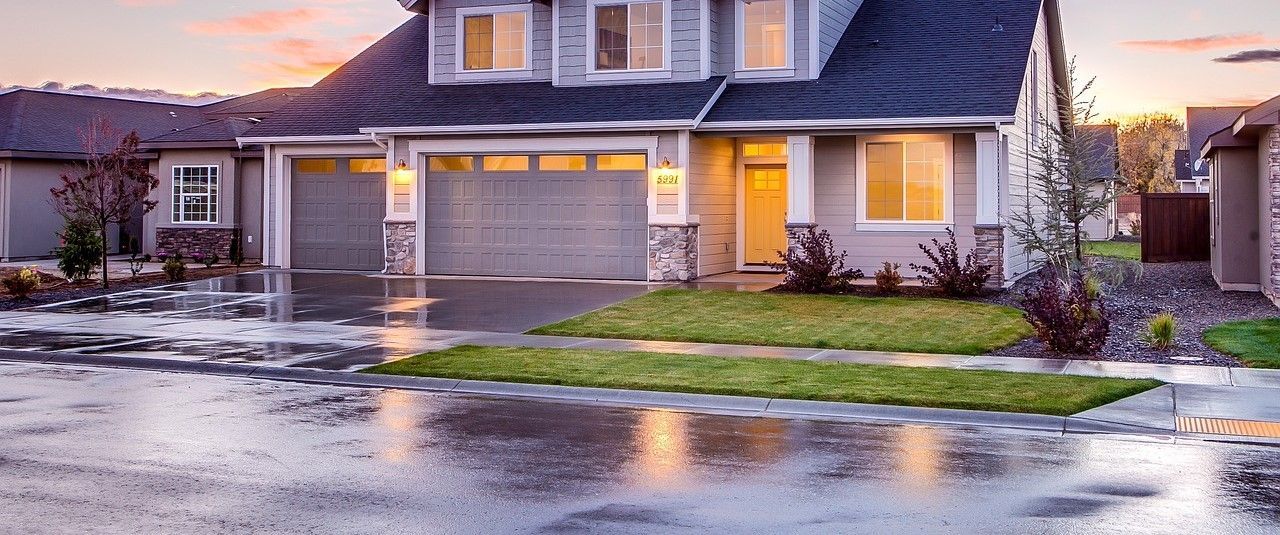
What is a Concrete Driveway and Why Are They Popular?
A concrete driveway is a hard-standing surface created by pouring a mixture of cement, aggregates (like sand and gravel), and water. Once cured, this mixture forms a solid, strong slab. Their popularity stems from several key advantages:
- Durability and Longevity: Concrete is incredibly tough and can withstand significant weight and regular traffic, lasting for decades with proper care.
- Low Maintenance: Compared to other materials, concrete requires minimal upkeep once installed.
- Versatility in Design: While often seen as a plain grey surface, concrete can be stamped, stained, or textured to mimic other materials like stone or brick, offering a wide range of aesthetic possibilities.
- Cleanliness: Its smooth, solid surface makes it easy to sweep clean of leaves, dirt, and other debris.
Why Reinforce a Concrete Driveway?
While concrete is inherently strong, it's particularly susceptible to tensile forces – that's pulling or stretching. Think of it like this: concrete is excellent at resisting being squashed (compression), but not so great at resisting being pulled apart. This is where reinforcement comes in.
You'd typically reinforce a concrete driveway to:
- Increase Strength and Durability: This is especially important for driveways that will experience heavy loads, like large vehicles or lorries, or those with frequent turning movements.
- Prevent Cracking: Reinforcement helps to distribute stress across the slab, making it less prone to cracking due to temperature fluctuations, ground movement, or heavy loads.
- Improve Longevity: A reinforced driveway is less likely to fail prematurely, extending its lifespan and reducing the need for costly repairs.
How is a Concrete Driveway Reinforced, and with what Materials?
Reinforcing a concrete driveway involves embedding materials within the wet concrete mix before it sets. The aim is to provide tensile strength where the concrete naturally lacks it.
The most common method involves using steel reinforcement:
- Steel Mesh (Rebar Mesh): This is the most common and cost-effective method for driveways. It consists of a grid of steel bars welded together. The mesh is laid out over the prepared sub-base, typically supported by small "chairs" or "spacers" to ensure it's positioned correctly within the middle or upper third of the concrete slab.
- Steel Reinforcing Bars (Rebar): For very heavy-duty applications or specific stress points, individual steel bars (rebar) can be tied together to form a cage-like structure. This is less common for standard residential driveways but provides superior strength.
Another, less common, method is:
- Fibres: Various synthetic or steel fibres can be added directly to the concrete mix. These microscopic fibres are dispersed throughout the concrete, helping to control cracking and improve toughness. While they offer some reinforcement, they are generally used in conjunction with or as a supplement to steel mesh for driveways, rather than as a primary reinforcement.
The key is that the reinforcement is positioned correctly within the concrete. If it's too close to the surface, it won't be effective and could even lead to spalling (surface flaking). If it's too low, it won't provide the necessary tensile strength.
What are the Benefits of Reinforcing a Concrete Driveway?
The advantages of reinforcing your concrete driveway are significant, leading to a more robust and reliable surface:
- Enhanced Crack Resistance: This is perhaps the biggest benefit. Reinforcement helps to hold the concrete together, preventing minor cracks from developing into larger, more problematic ones that can compromise the driveway's integrity and appearance.
- Increased Load-Bearing Capacity: A reinforced slab can comfortably handle heavier vehicles and more frequent use without showing signs of stress or damage.
- Greater Durability and Longevity: By mitigating cracking and improving strength, reinforcement directly contributes to a much longer lifespan for your driveway, meaning fewer repairs and replacements down the line.
- Improved Structural Integrity: It provides an underlying structural stability, making the driveway more resilient to ground movement or subtle shifts over time.
Can a Resin Driveway be Laid on a Concrete Base?
Yes, absolutely! In fact, laying a resin-bound driveway over an existing concrete base is a very common and efficient way to achieve a stunning new look.
As we've discussed, concrete provides a solid and stable sub-base. For a resin-bound system, which is permeable, the existing concrete base might need a soakaway or other drainage solution if it's not already porous, to ensure the water can drain away effectively and maintain SuDS compliance.
The concrete surface would first need to be thoroughly cleaned, repaired of any significant cracks, and primed to ensure optimal adhesion for the new resin layer. This combination leverages the strength of concrete with the attractive and permeable properties of resin.

